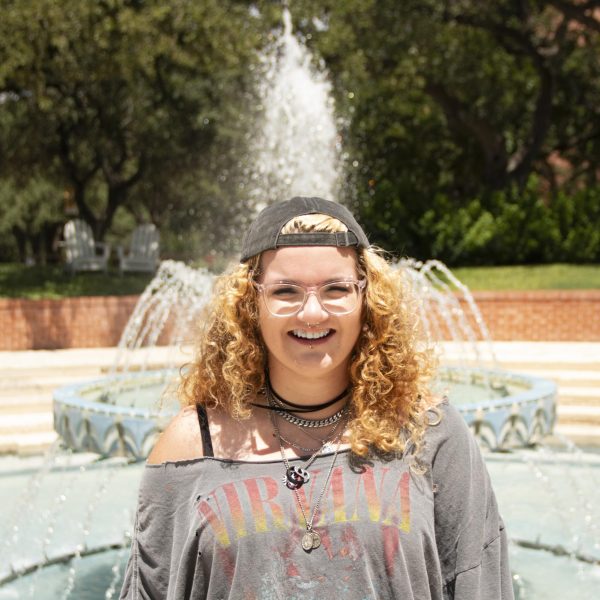“We affirm the freedom of expression” is a phrase that has been regurgitated on college campuses across the West. We’ve all heard the comments from university administrators that their college campuses are safe spaces for discourse and dialogue on divisive issues. This is true but only conditionally — and certainly not when it comes to Palestine. Speeches, initiatives and more are all said and done in the name of reaffirming the freedom of expression. However, most of these are mere illusions of universities protecting the First Amendment as they have demonstrated time and time again that they are not committed to protecting the freedom of expression.
Faculty members nationwide are growing more and more concerned with the institutional suppression of Palestine-related speech, and have been calling out their institutions for clamping down on those who dare speak up. Countless professors and scholars have come out calling for the protection of speech and activism on the issue of Palestine. These include but are not limited to Rashid Khalidi at Columbia University, Ilan Pappe at the University of Exeter, Avi Shlaim at the University of Oxford and Noura Erakat at Rutgers University. Student protests and encampments have been violently targeted and attacked in the guise of preventing a “hostile” campus environment. Students and faculty dragged by police forces at the University of Texas at Austin, student protestors injured and sprayed with unknown chemicals at Columbia and dozens of arrests at UCLA to name a few.
In addition to all of these, universities have also been repressing non-disruptive protests. Harvard banned students and faculty from entering the library after they participated in a “study-in” where they taped messages to their laptops that demanded divestment. It is evident that these forms of suppression on university campuses are not merely an attempt to promote a “safe” campus, but rather to promote a safe campus for Zionist rhetoric.
Trinity University is no exception to this. The administration has consistently proven since October 2023 that speaking on Palestine necessitates an Israeli, Zionist perspective; that on its own, the topic of Palestine is somehow inherently antisemitic or exclusionary. Not only does Trinity administration make it increasingly difficult for its student body to intellectually engage with the issue of Palestine, but they actually facilitate spaces for Zionist thought. After bringing in the Zionist, Islamophobic speaker Nammie Ichilov to campus in December 2023, the administration still creates obstacles that aim to prevent conversation on Palestine instead of taking accountability for the hate speech it endorsed.
Last Friday, Nov. 15, several academic departments collaborated with Trinity Diversity Connection to virtually host Rashid Khalidi, Edward Said Professor Emeritus of modern Arab studies in the department of history at Columbia. After this event was finalized, Student Affairs and other members of the Trinity administration decided the Trinity Diversity Connection could no longer be affiliated in any way with this event, on the basis that a conversation about the factual events of history might be offensive or upsetting to some members of the Trinity community. While this decision was ultimately reversed, Trinity’s lack of commitment to civil discourse and freedom of expression is felt nonetheless.
This phenomenon of censorship and repression is not only at Trinity or college campuses nationwide but in mainstream media itself. Western media has perpetuated a narrow and biased narrative that portrays Israel as a helpless state attempting to defend itself in the face of terroristic Palestinians. Official reports from the Israelis have been utilized without fact-checking and prioritized over on-the-ground reports by Palestinian journalists. The work of Palestinian journalists is being intentionally ignored despite risking their lives to provide us with coverage — at least 137 Palestinian journalists have been brutally murdered since Oct. 7.
We cannot rely on biased sources of information and skewed narratives that attempt to dehumanize Palestinians. Instead, I implore you to listen to the calls of thousands of academics to stand up in the face of censorship and institutionalized suppression. In a global climate that is growing increasingly dangerous for expressing sentiment that criticizes Israel’s war on Gaza, we must persevere.






